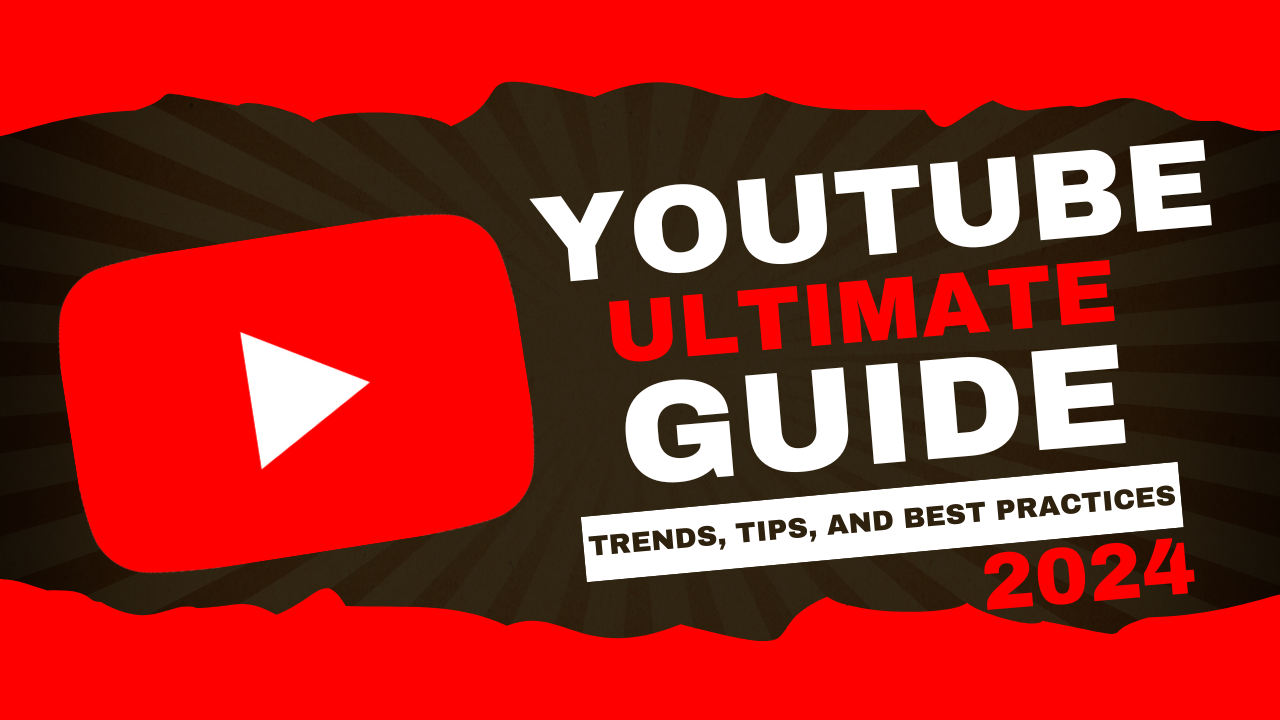Introduction
Search Engine Optimization (SEO) is a digital marketing strategy used to improve a website’s visibility on search engine results pages (SERPs). It involves optimizing the website’s content and structure to rank higher in search results for specific keywords. SEO can drive more traffic to a website, resulting in increased brand awareness, lead generation, and sales. In this article, we will cover the basics of SEO, how it works, and why it is important for businesses to implement it.
I. What is SEO?
SEO is the process of improving a website’s visibility and ranking on search engines such as Google, Bing, and Yahoo. It involves optimizing the website’s content and structure to rank higher in search results for specific keywords. SEO aims to increase website traffic, generate leads, and improve brand awareness. SEO can be broken down into three main components: on-page optimization, off-page optimization, and technical optimization.
II. How Does SEO Work?
Search engines use algorithms to determine the relevance and authority of websites. SEO works by optimizing a website’s content and structure to make it more relevant and authoritative in the eyes of search engines. This involves optimizing keywords, meta tags, and headers, as well as improving website speed, mobile-friendliness, and user experience. SEO also involves link building and social media promotion to increase the website’s authority.
III. Why Is SEO Important?
SEO is important for businesses because it can increase website traffic, generate leads, and improve brand awareness. A high ranking on search engine results pages can also increase a website’s credibility and trustworthiness in the eyes of potential customers. SEO can also be more cost-effective than other forms of digital marketing, as it can drive organic traffic to a website without requiring paid advertising.
IV. The Benefits of SEO
- Increased website traffic
- Higher conversion rates
- Improved brand awareness
- Better user experience
- Increased credibility and trustworthiness
- Cost-effective marketing strategy
V. Different Types of SEO
- On-page SEO: optimizing website content and structure
- Off-page SEO: link building and social media promotion
- Technical SEO: optimizing website speed, mobile-friendliness, and user experience
VI. On-page SEO Techniques
- Keyword optimization
- Meta tags and headers optimization
- Website content optimization
- Image optimization
- Internal linking
VII. Off-page SEO Techniques
- Link building
- Social media promotion
- Guest blogging
- Influencer outreach
VIII. Technical SEO Techniques
- Website speed optimization
- Mobile-friendliness optimization
- Website security optimization
- User experience optimization
IX. Keyword Research for SEO
- Understanding target audience
- Identifying relevant keywords
- Analyzing keyword competition
- Using keyword research tools
X. Content Creation for SEO
- Creating high-quality, relevant, and engaging content
- Optimizing content for keywords and user intent
- Using multimedia content
- Creating content for social media promotion
XI. Measuring SEO Success
- Analyzing website traffic and rankings
- Tracking conversion rates and leads generated
- Measuring return on investment (ROI)
- Using analytics tools
XII. Common SEO Mistakes
- Keyword stuffing
- Duplicate content
- Poor website structure and navigation
- Ignoring mobile-friendliness and user experience
- Buying links
XIII. Use Relevant Keywords in Your Content
One of the essential aspects of SEO is using relevant keywords in your content. Keywords are the words or phrases that people use to search for content online. When you use the right keywords in your content, you increase your chances of ranking higher in search results.
1.Optimize Your Website’s Loading Speed
The loading speed of your website is crucial when it comes to SEO. If your website takes too long to load, users are likely to abandon it, resulting in a high bounce rate. High bounce rates negatively impact your website’s search engine rankings.
2.Make Sure Your Website is Mobile-Friendly
With the increasing use of mobile devices, it’s essential to make sure your website is mobile-friendly. A mobile-friendly website is one that displays correctly on mobile devices, such as smartphones and tablets. Google rewards websites that are mobile-friendly by ranking them higher in search results.
With the increasing use of mobile devices, it’s essential to make sure your website is mobile-friendly. A mobile-friendly website is one that displays correctly on mobile devices, such as smartphones and tablets. Google rewards websites that are mobile-friendly by ranking them higher in search results.
3.Build High-Quality Backlinks
Backlinks are links from other websites to your website. They are an essential factor in determining your website’s search engine rankings. When other reputable websites link to your content, it sends a signal to search engines that your content is valuable and trustworthy.
Backlinks are links from other websites to your website. They are an essential factor in determining your website’s search engine rankings. When other reputable websites link to your content, it sends a signal to search engines that your content is valuable and trustworthy.
4.Track and Analyze Your Results
Finally, it’s essential to track and analyze your SEO results. By doing so, you can determine what is working and what needs improvement. Google Analytics is an excellent tool for tracking your website’s traffic and other important metrics.
Finally, it’s essential to track and analyze your SEO results. By doing so, you can determine what is working and what needs improvement. Google Analytics is an excellent tool for tracking your website’s traffic and other important metrics.
Conclusion
In conclusion, SEO is an essential aspect of digital marketing that can help your website rank higher in search results. By following the tips mentioned in this article, you can improve your website’s search engine rankings and drive more traffic to your site. Remember that SEO is an ongoing process, and it takes time to see results. With patience and persistence, you can achieve your SEO goals and grow your online presence.
Click here



